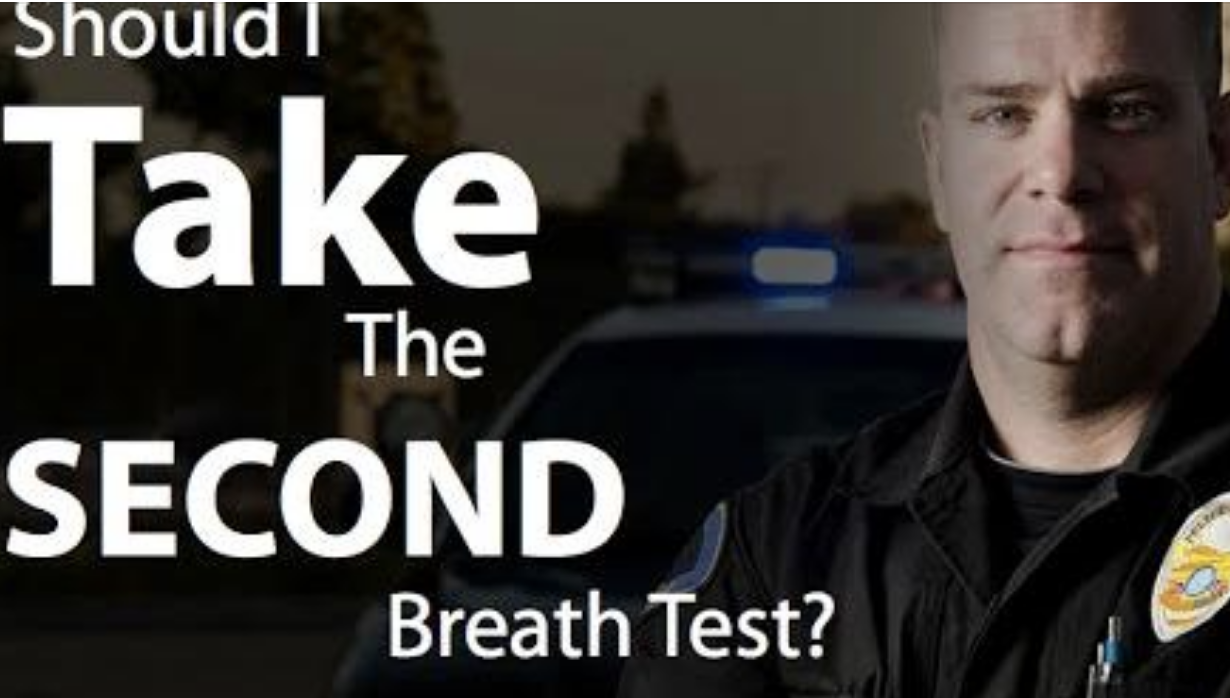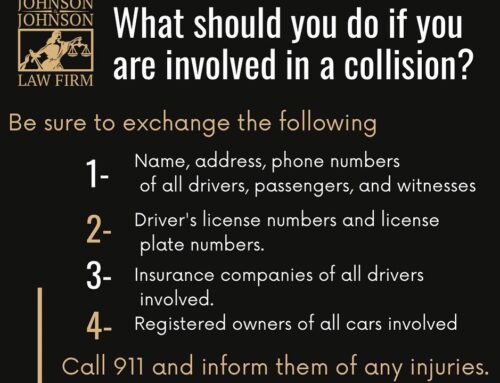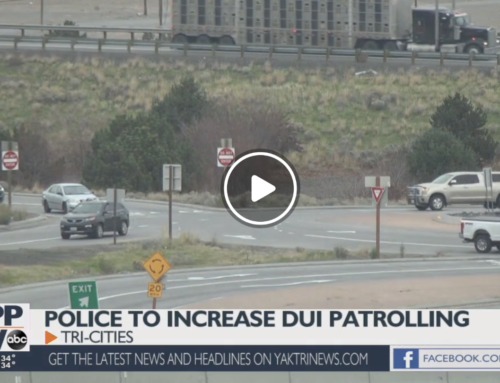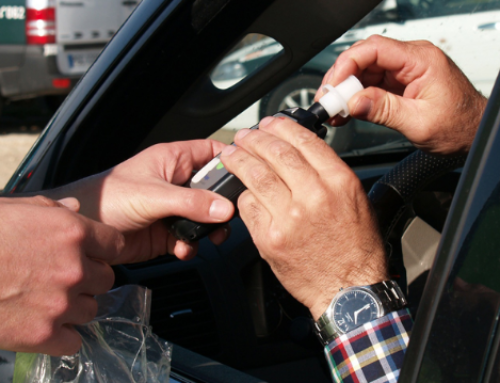In this video Alex Johnson, DUI Attorney with Johnson and Johnson Law Firm, answers the question: “should I take the second breath test?” (if i am arrested) This is a great question, and Alex not only gives you a yes, or no answer, but he gives you some insights on why or why not. Watch the video all the way through, and then leave a comment in the section below. If you want help with your DUI, please contact the Johnson and Johnson Law Firm through the website, or phone number: 509-547-4200
It is important to note whether the police officer explained which test is an evidentiary test and which test is optional. If the officer did not explain that the first test is optional but the second test is mandatory, this can be used as a defense to the DUI charge.
Optional Roadside Breath Test Versus Evidentiary Breath Test at the Station
Regardless of whether you do or do not take the optional roadside test, if the officer believes you are under the influence of alcohol you will be arrested and taken to the police station, where you will be asked to submit to an evidentiary breath test.
Drivers are “required” to submit to a BrAC test under Washington’s implied consent law, which means that a person who operates a vehicle within Washington state is considered to have consented to a breath test if they are arrested for suspected DUI.
If you refuse to take the test, which you can do, you are subject to a license suspension and will face enhanced penalties if you are convicted of a DUI. For example, a person who is arrested for a DUI for the first time will only face a 90-day license suspension from the Washington State Department of Licensing (DOL) if they submit to the evidentiary breath test at the station. If the driver refuses to take the breath test, the driver is facing a 1-year license revocation.
It is important to note whether the police officer explained which test is an evidentiary test and which test is optional. If the officer did not explain that the first test is optional but the second test is mandatory, this can be used as a defense to the DUI charge.
The officer is also required to tell you that you can refuse the test, but that if you refuse the test your license will be suspended for 1 year and that evidence of your refusal can be used in court. Note: if you refuse the breath test and have a prior administrative sanction within 7 years, you will be facing a 2-year license suspension. Also, even without a prior DUI offense, a DUI-refusal conviction carries with it a 2-year license suspension. The penalties go up if an individual has any “prior offenses” within 7 years.
Before making a decision to take or refuse an evidentiary breath test, you should always exercise your right to consult with an attorney. The local public defender’s office will have an attorney on-call who can answer questions specific to your case. Also, the public defender can be a valuable witness to evaluate your speech and attitude at the time of the arrest. The public defender will advise you to not answer any of the arresting officer’s questions and if you should or shouldn’t take the test. Remember not every case is the same. While taking the test makes sense for most people, there are always exceptions to the rule.
Even if you refuse the breath test it does not mean the arresting officer cannot get your blood alcohol level via a blood test performed pursuant to a valid search warrant. If the officer obtains a search warrant, there is nothing you can do to prevent the officer from obtaining a blood sample from you. In many cases, a blood test reveals other substances in a person’s body besides alcohol that can cause impairment.
The Cost of Drinking and Driving
You need a skilled DUI Lawyer that can help you navigate not just the process, but the cost.
Drunk drivers face jail time when they’re caught, and the financial impact is devastating. On average, a DUI can set you back $10,000 in attorney’s fees, fines, court costs, lost time at work, higher insurance rates, car towing, and more. And, drinking and driving can result in losing your driver’s license and your car — imagine trying to explain that to your friends, family and boss.
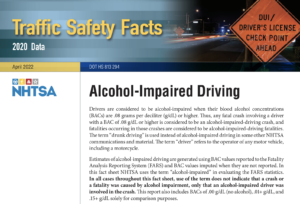
Need more stats? Take a look at the most recent updated “Crash Facts” document from The National Highway Traffic Safety Administration


